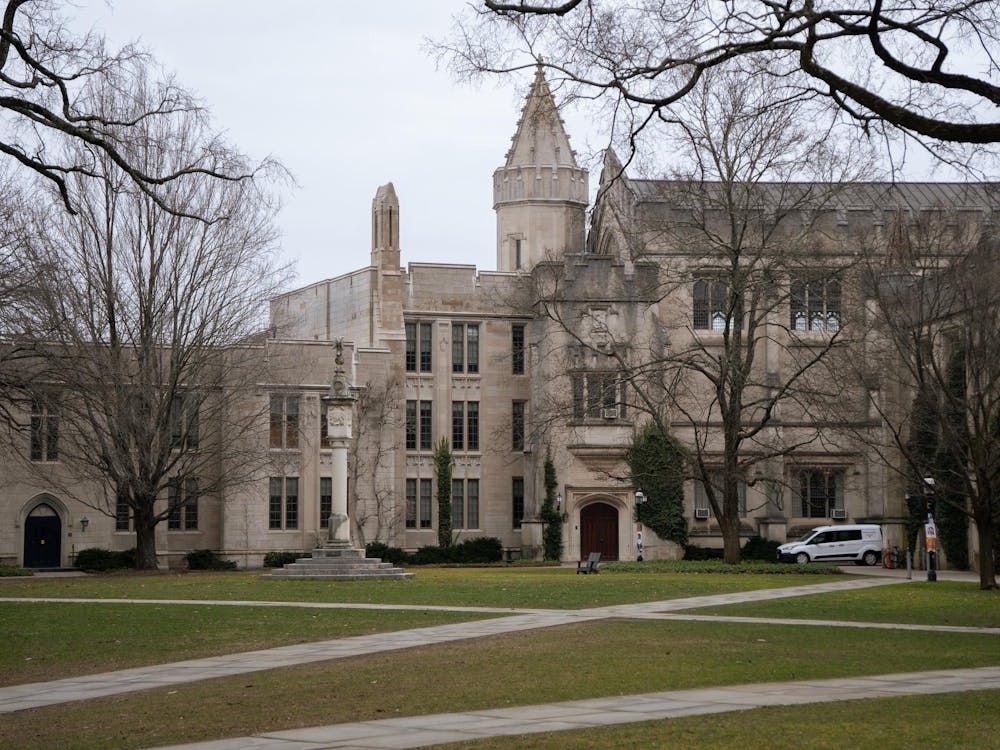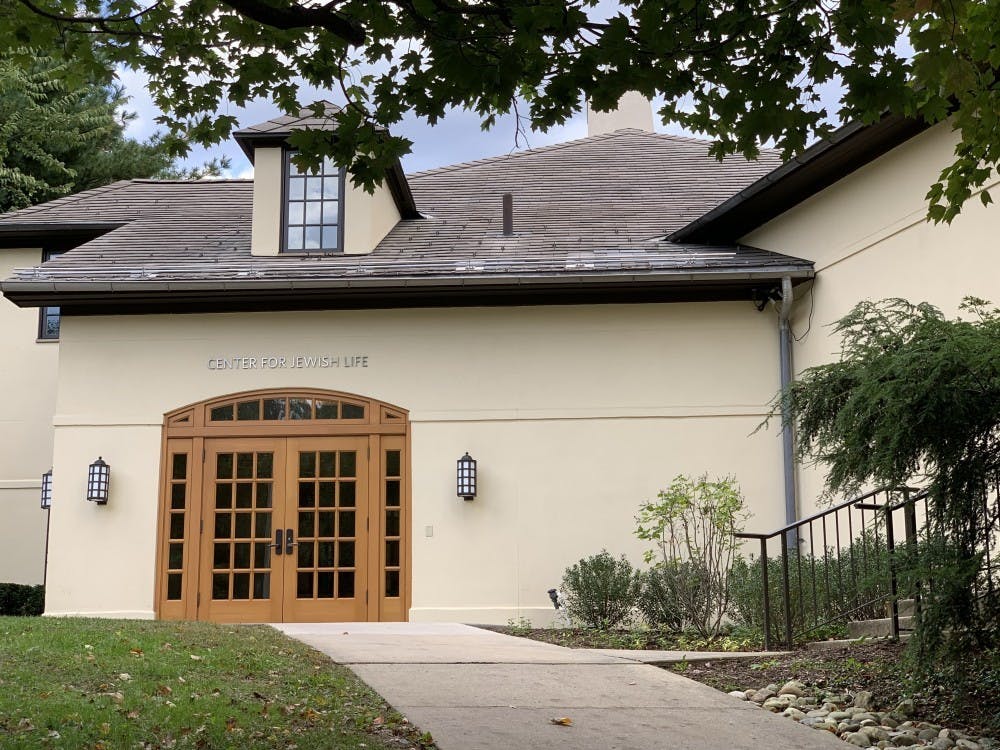This semester, I’m taking an economics course for the first time. Having never so much as looked at a demand curve before a few weeks ago, it’s somewhat rough going. This past weekend, my friend and I were discussing a problem set when our other friend who had taken the course last year offered to talk us through some of the concepts. She was very helpful; she made what we were studying seem clear and simple. We told her she should tutor formally, but she explained to us that she couldn’t — she hadn’t received an A in the class.
It is preferred that peer tutors in introductory-level subjects in the residential colleges or through the McGraw Study Hall in Frist Campus Center have taken the course at Princeton and it is required that they have earned an A. There is logic to these requirements: Students with A’s have mastered the material, and it makes sense that only those with a firm grasp on a subject should be selected to tutor students who are struggling. But soliciting applications from a wider range of tutors — such as students who received lower-than-A grades and students who took relevant courses outside of Princeton — would actually strengthen these programs. These tutors could better relate to struggling students and introduce a diversity of approaches to course material.
When my friend helped me with my problem set, it was clear her initial struggle in the class helped her better relate to someone else who was also confused. Her lower grade almost made her more qualified as a tutor than someone who understood the course immediately. Receiving an A in a class almost necessitates that the student can understand the material from day one, while a student who starts off confused and slowly masters the material would end the course with a lower grade. A grade below the A level doesn’t necessarily preclude mastery — when we spoke, my friend could anticipate what I was having the most difficulty with, and she was able to explain it in a way that was different than it was originally presented. Instead of judging mastery from the final course grade, McGraw and the residential colleges could use a more detailed evaluation. Improvement over time and the final exam grade would better speak to a tutor’s proficiency.
This outsider’s advantage could also apply to students who have taken a course outside of Princeton equivalent to the course they tutor. Many students here would have taken the equivalent of introductory-level courses in high school or at other colleges through partnership programs and study abroad. According to Nic Voge, a McGraw Center associate director, it is preferred that tutors applying have already taken the course at Princeton. But at an introductory level, the course material would be similar enough that tutors would have adequate knowledge of the subject, especially if they were taking higher-level classes in the same subject at Princeton. Though the subject material would be the same, the tutor’s technique and teaching style may be different than those of a student who took the course at Princeton. If a student has trouble with a certain professor’s teaching style, he may be best helped by a tutor who has never had that professor and can explain the concept in a different way.
There are already many dedicated and effective tutors working through the residential colleges and through McGraw, but there definitely seems to be space for more students to apply. In Forbes, my residential college, the director of studies sent out multiple emails asking for peer tutors. Most tutors at the McGraw Center spend three hours twice a week in Frist. With more tutors, the programs could reach more students. A larger tutoring staff could also enable McGraw and the residential colleges to reduce the required time commitment, which could attract qualified students who would not have otherwise applied. If these programs recognized diverse pathways to mastery, they could attract more tutors who are just as passionate, committed and knowledgeable.
Sarah Schwartz is a sophomore from Silver Spring, Md. She can be reached at seschwar@princeton.edu.







